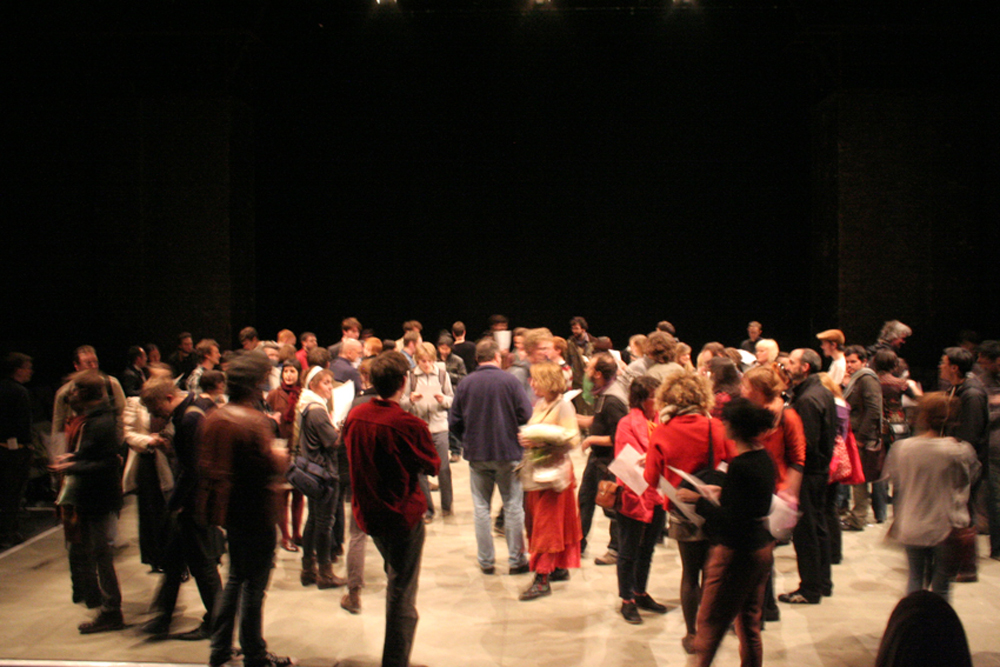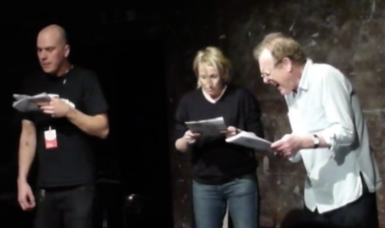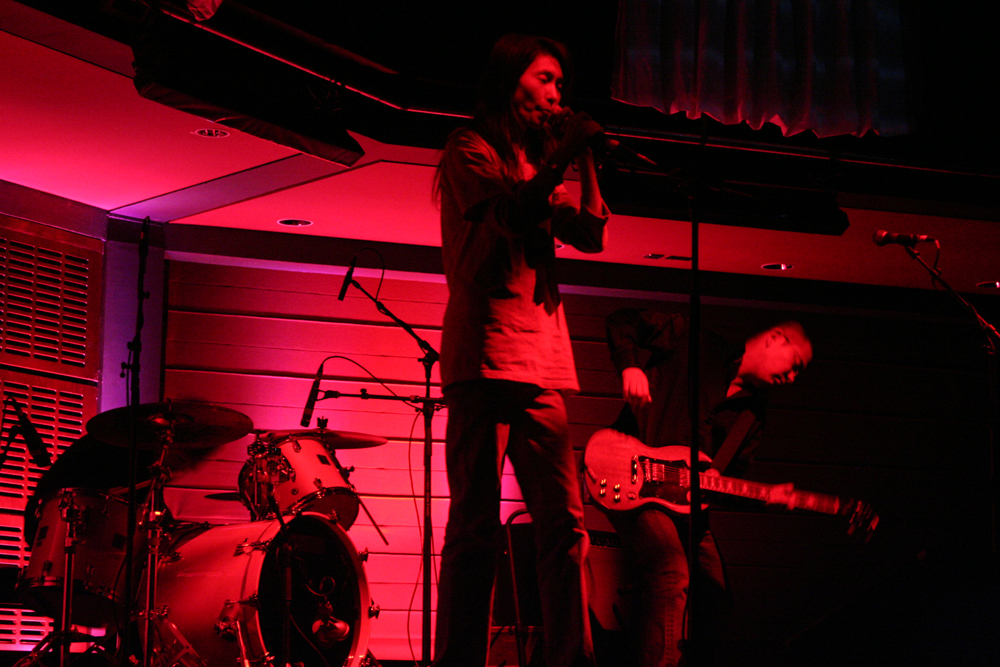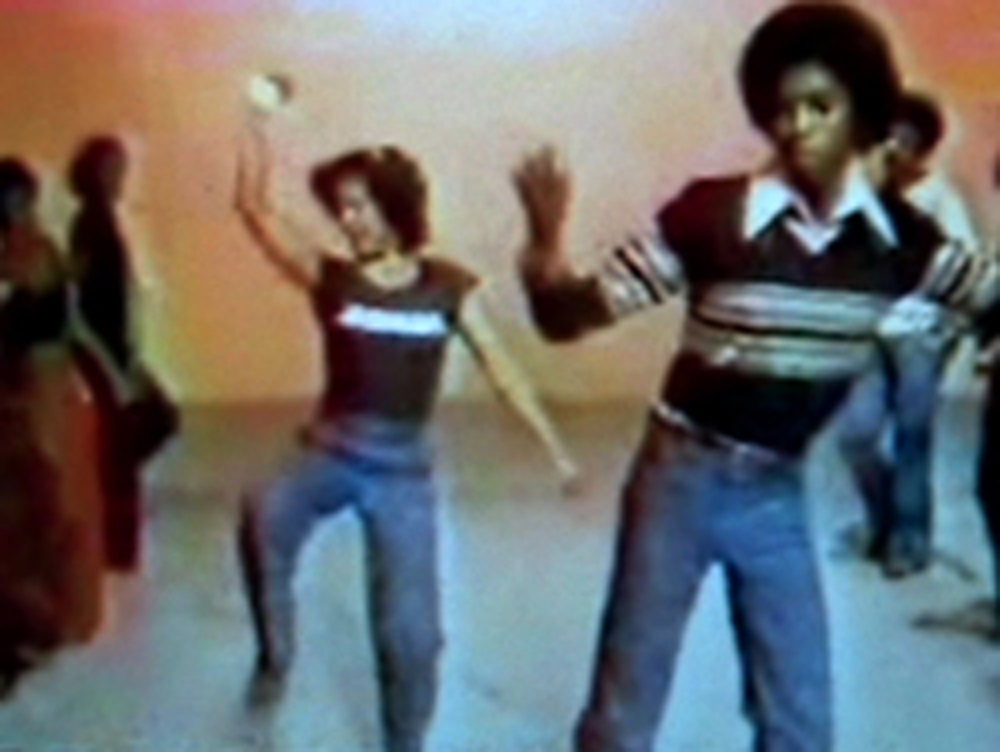
Merzbow
Merzbow takes the junk of sound and transforms it into blistering noise assaults with an incredible spectrum and impact.
Arika have been creating events since 2001. The Archive is space to share the documentation of our work, over 600 events from the past 20 years. Browse the archive by event, artists and collections, explore using theme pairs, or use the index for a comprehensive overview.

Merzbow takes the junk of sound and transforms it into blistering noise assaults with an incredible spectrum and impact.

Can we use sound, repetition and difference to personally and collectively engage with space, time and labour?

Julius’ “small music” features simple snatches of found sound, played back through small speakers, often set in bowls of pigment and dirt which shimmies in the vibrations.

Music is full of refracted brass and wind tones, distorted tape loops, dead silent air and the occasional piercing shard of sound.

Paper Piece: Secrets is a performance for and with the whole audience, using paper, text, secrets, being in the crowd

An audio report for the NATOarts board of directors that seeks to promote global security and stability through the exhibition of works of conceptual art.

A joyful conversation discussing disability, gender transition and care labour as expressions of virtuosic and innovative skills that make care – good care – possible.

Paul Sharits is one of our all time heroes, and one of the great artist filmmakers of the 20th Century.

Heat-mapped bodies, found porn films, Korean psyche-folk, creepy police intrusion and self-defence.

GIO’s bottomless throat, Blood Stereo’s slobber gobbler and the Mouth Of The South tangle tonsils over Steve McCaffrey’s Carnival

Three iconic figures from the Japanese underground assembled as a trio to stand in for the advertised duo of Junko and Jerome Noetinger who was unable to attend the festival due to illness.

Acting at the minimum. Each film here substitutes one small thing for another, (ironically) transforming received meanings by the simplest of actions; often kind of funny too.